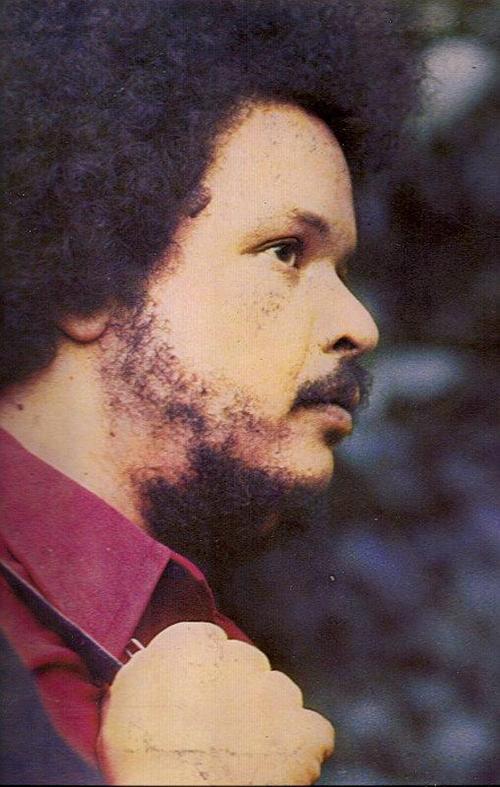
In that period, Maia was the guitar teacher of Esteves, and when Roberto Carlos joined the gang in 1958, he also took classes with him. He then took guitar classes and was soon teaching the kids in the neighborhood of Tijuca, in Rio, including the Matoso gang (Maia, Jorge Ben, Erasmo Esteves, later Erasmo Carlos, and several others), named after the street where they used to hang out. Maia started to write his earliest songs at age eight, and at 14 (as a drummer) he formed the group Os Tijucanos do Ritmo, which lasted one year. This was the case with Skank, Lulu Santos, Ara Ketu, Paralamas do Sucesso, and Marisa Monte, not to mention Elis Regina, Gal Costa, and other established artists who have recorded his songs. In the '90s, he was discovered by younger pop stars who re-recorded several of his hits. The movement gradually took the working-class suburbs of the north side of Rio de Janeiro by storm, exploding in 1976 with the black movement.

In the '70s, Maia started to record albums and do shows promoting his indigenous synthesis of American soul and Brazilian music with elements of samba and baião. Throughout his career, this flexibility was evidenced through the multitude of styles he embraced: soul, funk, bossa nova (in the '90s), romantic songs, American pop, samba, baião, and MPB.

With his potent and flexible baritone tone, Maia was able to convey not only a happy and energetic dance feel, but was capable of inspiring sentiment in otherwise corny songs as well, like his hit "Me dê Motivo" (Paulo Massadas/Michael Sullivan).

Iconoclastic, ironic, outspoken, polemical (but always humorous), and openly addicted to cocaine and marijuana, he was known for lightheartedly missing appointments and even big-time gigs, and also for being boycotted by recording companies, major TV networks such as Globo, and other media that didn't swallow his disturbing presence.

The father of Brazilian soul music, Tim Maia never hid his true nature from his fans, his prospective employers, or the law.


 0 kommentar(er)
0 kommentar(er)
